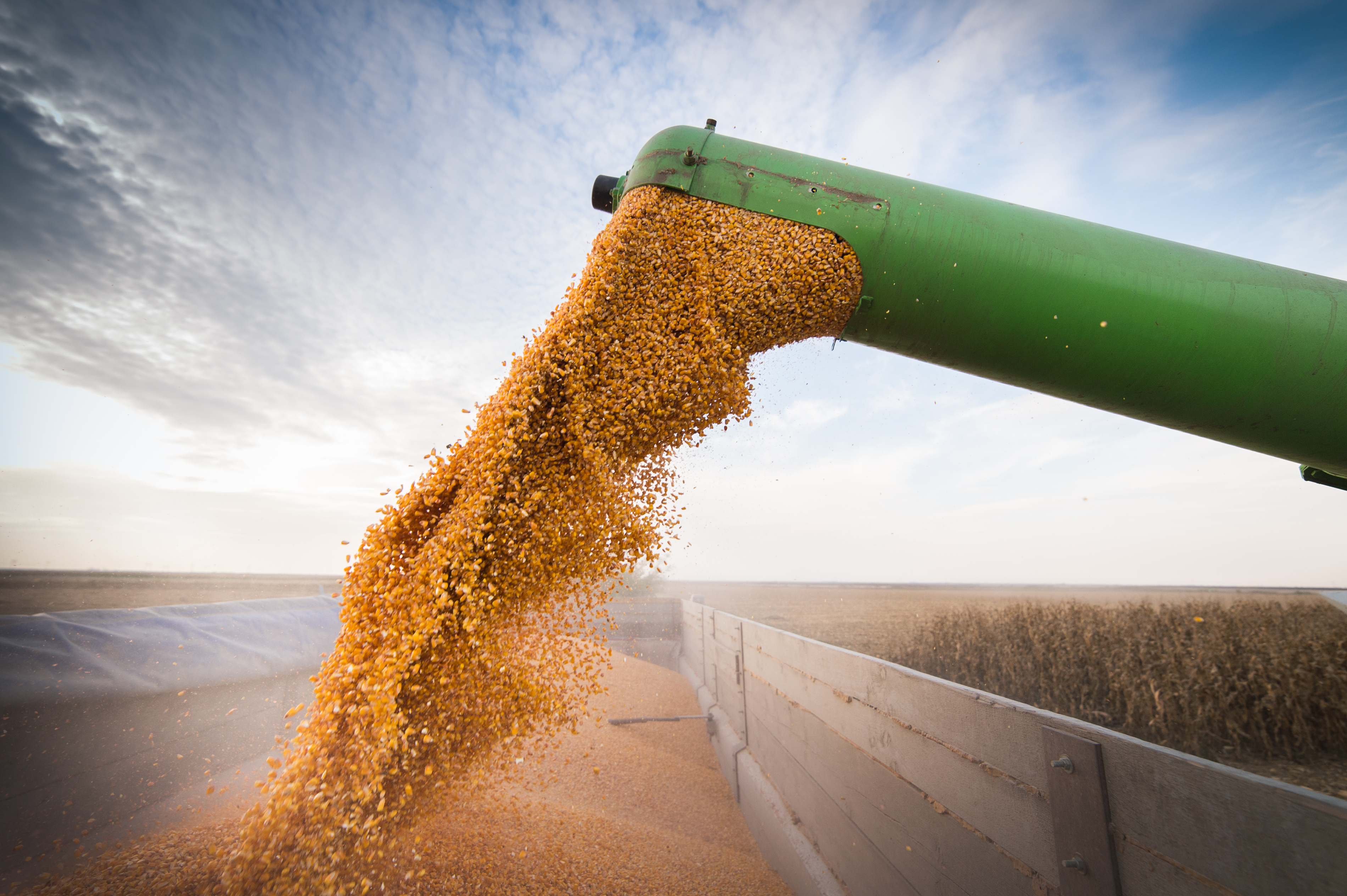Five Countries Produce More than 90% of the World's Biotech Crops
| |
 High adoption of biotech crops continued in 2018 with 26 countries planting 191.7 million hectares worldwide. This area is an increase of 1.9 million hectares from the previous year's area.
High adoption of biotech crops continued in 2018 with 26 countries planting 191.7 million hectares worldwide. This area is an increase of 1.9 million hectares from the previous year's area.
The top five biotech crop-growing countries, the United States, Brazil, Argentina, Canada, and India planted a total of 174.5 million hectares of biotech crops, close to 91% of the world's total biotech crop area in 2018.
The average adoption rate in the top five biotech crop-growing countries increased to reach close to saturation, with the United States at 93.3% (average for soybeans, maize, and canola), Brazil at 93%, Argentina at close to 100%, Canada at 92.5%, and India at 95%.
The United States is the world’s leader in commercial cultivation of biotech crops since 1996. In 2018, a total of 75 million hectares of biotech crops were planted in the country, equivalent to 39% of the global biotech area. The biotech crops planted in the United States are maize (33.17 million hectares), soybeans (34.08 million hectares), cotton (5.1 million hectares), alfalfa (1.26 million hectares), canola (898,000 hectares), sugar beets (491,000 hectares), potatoes (1,700 hectares), squash (1,000 hectares), papaya (405 hectares), and apples (240 hectares).
Brazil, the second largest and the top developing country producer of biotech crops planted 51.3 million hectares of biotech crops in 2018. The total biotech crop area of 51.3 million hectares in Brazil comprised 34.86 million hectares biotech soybeans, 15.38 million hectares biotech maize, 1 million hectares biotech cotton, and 400 hectares sugarcane.
Biotech insect resistant (IR) Bt sugarcane was planted in Brazil for the first time in 2018. It was developed by Centro de Technologica Canavieira and planted by 100 sugar mills in some 400 hectares. The National Biosafety Technical Commission (CTNBio) approved Bt sugarcane after tests showed that the sugar and ethanol obtained from it are identical to conventional sugarcane.

Argentina maintained its ranking as the third-largest producer of biotech crops in the world and planted 23.9 million hectares, equivalent to 12% of the global biotech crop area. This area was comprised of 18 million hectares biotech soybeans, 5.5 million hectares biotech maize, and 370,000 hectares biotech cotton. Soybeans grown in Argentina in 2018 were 100% biotech.
Canada, the fourth-largest producer of biotech crops in 2018, planted 12.75 million hectares, 7% of the global biotech crop area. Canada is one of the six “founder biotech crop countries,” having commercialized herbicide tolerant canola in 1996, the first year of commercialization of biotech crops. The six biotech crops grown in Canada in 2018 were canola (8.7 million hectares), soybeans (2.4 million hectares), maize (1.6 million hectares), sugar beets (15,000 hectares), alfalfa (4,000 hectares), and potatoes (65 hectares).
In India, more than six million farmers from the country's 10 major cotton-growing states planted 11.6 million hectares of Bt cotton, reaching 95% adoption rate. Since 2015, India has been the world’s top cotton-producing country, planting more than a quarter of the world’s cotton.
Read more about the top five biotech crop-growing countries in the updated Biotech Country Facts and Trends:
| Newer Post | Archive | Older Post |
Science Speaks is ISAAA Inc.'s official blog. Weekly blog articles, authored by ISAAA writers, partners, and invited contributors, aim to help share, disseminate, and promote scientific knowledge and its vital role in achieving global agricultural sustainability and development. Your support to Science Speaks will help us achieve this goal. You can help us by donating as little as $10.

